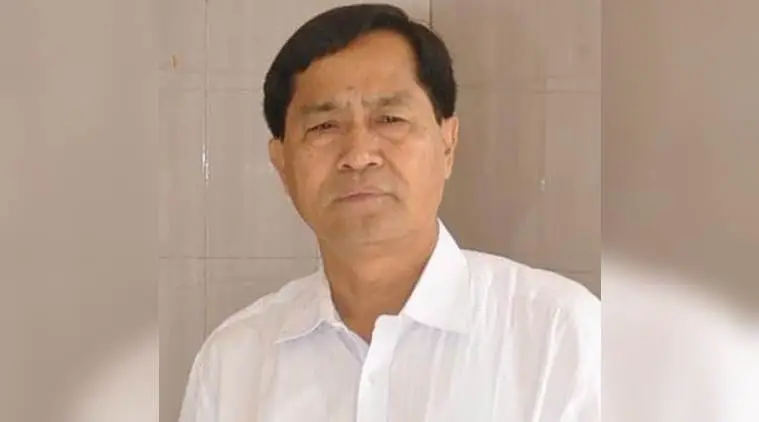In a bid to address the longstanding issue of unpaid work and wage dues under various job guarantee schemes, the Communist Party of India (Marxist) [CPM] in Tripura has announced a series of protests. This move comes amidst growing discontent among workers who have not received their rightful compensation for the labor they have rendered under government-mandated employment schemes. The decision by the CPM to mobilize demonstrations underscores the urgency of resolving this issue and ensuring that workers are fairly compensated for their contributions to the state’s development.
The job guarantee schemes, such as the Mahatma Gandhi National Rural Employment Guarantee Act (MGNREGA), play a crucial role in providing livelihood opportunities to millions of marginalized individuals across the country, including Tripura. These schemes aim to guarantee a minimum number of days of wage employment to rural households, thereby addressing issues of unemployment, poverty, and rural distress. However, the effective implementation of these schemes hinges on timely payment of wages and fulfillment of work guarantees, which has been a persistent challenge in many regions, including Tripura.
The announcement of protests by the CPM in Tripura underscores the gravity of the situation and the urgent need for action to address the grievances of workers. Many laborers have reported instances of delayed or unpaid wages, often resulting in financial hardship and distress for themselves and their families. The failure to receive timely payment not only undermines the livelihood security of workers but also erodes their confidence in the government’s commitment to social welfare and inclusive development.
The protests planned by the CPM are aimed at drawing attention to the plight of workers and exerting pressure on the state government to fulfill its obligations under the job guarantee schemes. The party has vowed to mobilize workers and supporters across the state to demand immediate action to clear pending wage dues and ensure timely payment of wages in the future. The protests are expected to include demonstrations, rallies, and other forms of peaceful agitation to highlight the urgency of the issue and hold authorities accountable for their negligence.
The decision to launch protests reflects the CPM’s longstanding commitment to workers’ rights and social justice. The party has a history of advocating for the interests of marginalized communities and challenging inequities in society. By taking a stand on the issue of unpaid work and wage dues, the CPM seeks to reaffirm its commitment to the principles of economic justice and ensure that workers are treated with dignity and respect.
Moreover, the protests also serve as a reminder to the ruling government of its responsibilities towards the welfare of its citizens. As elected representatives, governments have a duty to uphold the rights of workers and ensure that they receive fair compensation for their labor. The failure to address the issue of unpaid wages not only violates the legal provisions of the job guarantee schemes but also undermines the government’s credibility and legitimacy in the eyes of the public.
The protests planned by the CPM in Tripura are likely to resonate with workers and labor unions across the state, who have long been advocating for their rights and entitlements. The mobilization of workers from different sectors and communities underscores the widespread impact of the issue and the collective determination to seek redressal. Through coordinated action and solidarity, workers can amplify their voices and compel authorities to take decisive action to address their grievances.
In addition, the announcement of protests by the CPM in Tripura for unpaid work and wage dues under job guarantee schemes underscores the urgency of addressing this pressing issue. Workers play a vital role in the development of the state, and it is imperative that their contributions are duly recognized and compensated. The protests serve as a powerful expression of workers’ demands for justice and fairness and send a clear message to the government that the rights and welfare of workers cannot be ignored.

